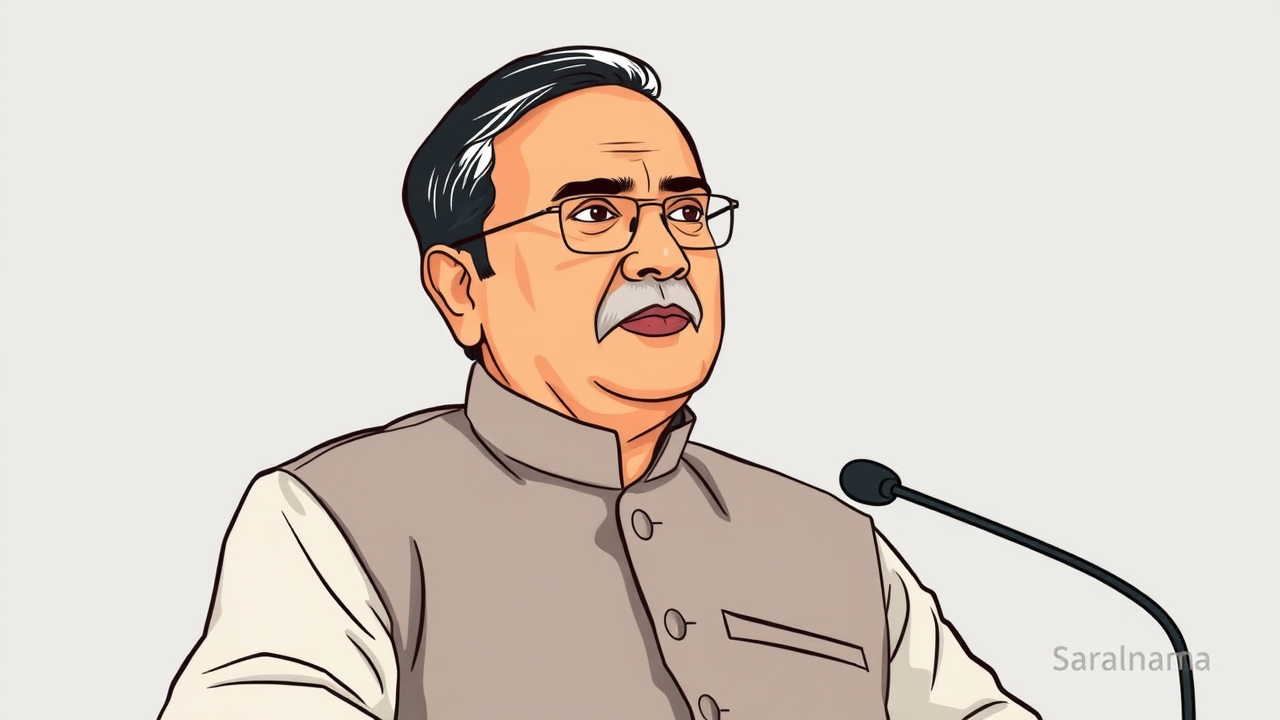N K Singh, a former bureaucrat who served as secretary to Prime Minister Atal Bihari Vajpayee and later chaired the 15th Finance Commission, discussed Bihar's economic trajectory and potential in a recent interview. Singh, a 1964-batch IAS officer who transitioned into politics as a Rajya Sabha MP, highlighted the state's remarkable growth in recent years. He emphasized that sustaining the high economic expansion witnessed over the past three years should be the primary goal. Singh pointed to several key factors behind this success, including improved infrastructure, better connectivity through roads, railways, and airports, and sound macroeconomic management. He also addressed critical issues such as the need for private investment, unexplored opportunities in tourism and agro-based sectors, the politics of subsidies, migration patterns, and unemployment challenges. According to Singh, Bihar's growth rate has surged from around 4% to approximately 23% last year, positioning the state to potentially double its economy within five years if momentum continues.

Private Investment and Tourism Potential
Bihar failed to attract private capital after the 1991 liberalization, unlike other states. However, Singh believes the state is now ready for investment due to political stability and aligned governments at the Centre and state levels. He stressed that bureaucrats must set annual targets for private capital investment in each department. Tourism represents a major untapped opportunity. Singh compared Bihar's potential to Cambodia's Angkor Wat, noting that Bihar possesses multiple religious and cultural circuits including Ramayana, Buddhist, and Jain sites. Developing these circuits alongside hospitality and service sectors could significantly boost the economy. While agriculture remains important, secondary and tertiary sectors have already shown 28% annual growth, indicating diversification is underway.
Employment, Migration, and Economic Challenges
Job creation requires more than just growth. Singh emphasized focusing on labour-intensive industries like footwear and garments, which offer high employment with low capital intensity. Tourism also serves as a powerful job multiplier. The state must enhance skilling capacity to convert its demographic advantage into a productive workforce. On migration, Singh distinguished between forced migration driven by lack of opportunities and voluntary migration for better life quality. Approximately 52% of Bihar households receive around Rs 35,000 annually in remittances, making Bihar the country's largest remittance economy. Singh also addressed subsidies, distinguishing merit-based schemes like education and nutrition programs from non-merit cash doles. The agro-based and food processing sectors, particularly fish, vegetables, and corn, hold enormous untapped potential for growth and employment.
Source: Link
